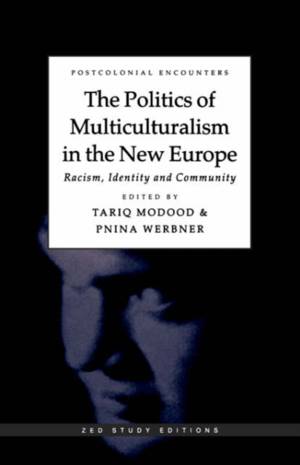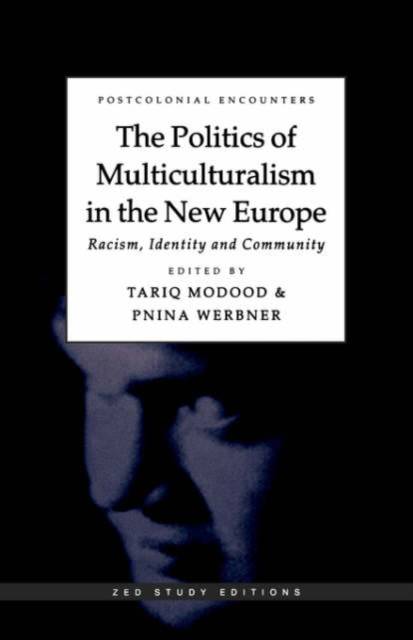
- Afhalen na 1 uur in een winkel met voorraad
- Gratis thuislevering in België vanaf € 30
- Ruim aanbod met 7 miljoen producten
- Afhalen na 1 uur in een winkel met voorraad
- Gratis thuislevering in België vanaf € 30
- Ruim aanbod met 7 miljoen producten
Zoeken
The Politics of Multiculturalism in the New Europe
Racism, Identity and Community
€ 83,45
+ 166 punten
Omschrijving
Europe has become a novel experiment in multiple, tiered and mediated multiculturalisms. It is now a supranational community of cultures, sub-cultures and trans-cultures inserted differentially into radically different political cultural traditions. The consequences of this re-imagining and re-making of a new Europe are variously seen to be threatening or utopian. In a post-Communist, post-national era, multiculturalism has been theorized as a paternalistic, top-down solution to the 'problem' of minorities, a dangerous reification of 'culture', or a new way forward to a politics of 'recognition' and 'authenticity'.
But is multiculturalism simply a novel project of social engineering, devised for the twenty-first century by well-meaning liberals or communitarians? The authors of this book reject this view by demonstrating that multiculturalism is the political outcome of ongoing power struggles and collective negotiations of cultural, ethnic and racial differences.Specificaties
Betrokkenen
- Uitgeverij:
Inhoud
- Aantal bladzijden:
- 288
- Taal:
- Engels
- Reeks:
Eigenschappen
- Productcode (EAN):
- 9781856494229
- Verschijningsdatum:
- 1/08/1997
- Uitvoering:
- Paperback
- Formaat:
- Trade paperback (VS)
- Afmetingen:
- 146 mm x 214 mm
- Gewicht:
- 385 g

Alleen bij Standaard Boekhandel
+ 166 punten op je klantenkaart van Standaard Boekhandel
Beoordelingen
We publiceren alleen reviews die voldoen aan de voorwaarden voor reviews. Bekijk onze voorwaarden voor reviews.







